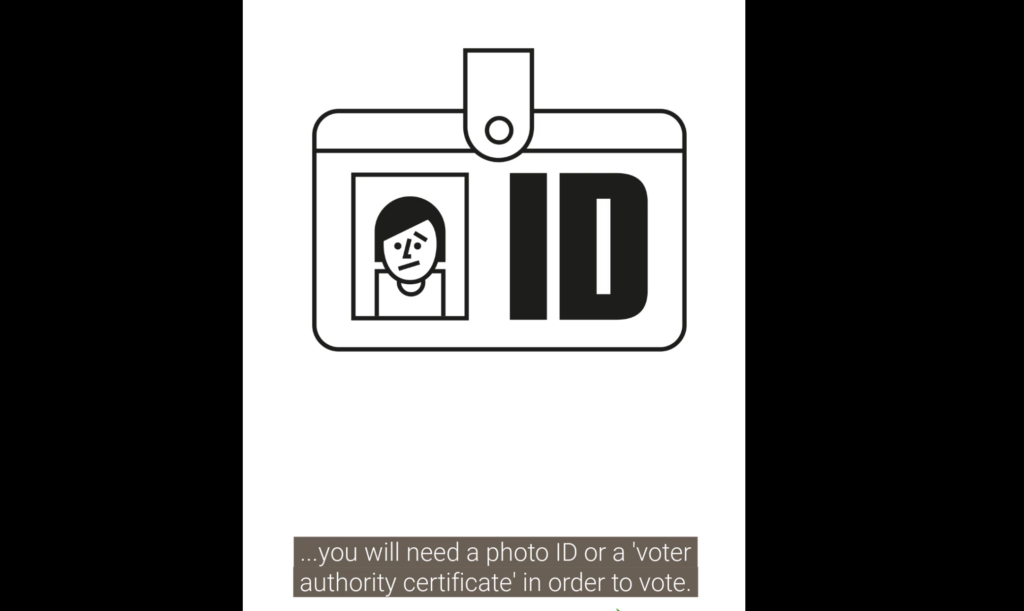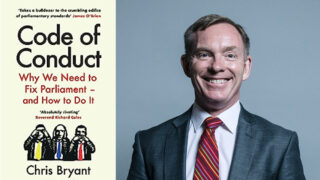danjmh/Bigstock.com
Story updated 18 April 2023: The deadline for applying for your voter ID certificate is 5pm on Tuesday 25 April.
UNISON has repeated its call for the government to scrap its voter ID scheme, after it was revealed that only 1% of those without valid documents have signed up to the scheme that allows them to vote.
The union has labelled the plans, which require all voters to show photo ID at polling stations before they receive a ballot paper, as “voter suppression” and a “threat to our democracy”.
While campaigning for photo ID to be removed, the union is also seeking to ensure that all its members know about the new requirement.
 Watch our short voter ID film
Watch our short voter ID film
The Conservative government introduced the controversial move by passing the Election Act 2022, claiming that voter ID is a necessary precaution against voter fraud. The local elections in England on Thursday, 4 May will be the first to see the scheme in action, while, as things stand, voter ID will also feature in the general election in 2024.
UNISON is not alone in opposing the move. The Labour Party has said that the plan amounts to “vote rigging”, will discriminate against marginalised groups and lock millions of people out of the electoral process. The Scottish and Welsh governments don’t think voter identification is necessary and will not require it in local and national elections in those countries.
An estimated two million people (4% of all voters) currently lack the accepted forms of identification, which include valid passports and driving licences. Those who wish to vote must sign up for a voter authority certificate. Barely more than 20,000 have applied since the scheme was introduced in January.
UNISON has opposed the move from the outset. Among its arguments:
There is no evidence of voter fraud
According to the Electoral Commission, the UK has “low levels of proven electoral fraud”. At the last general election, 164 cases of alleged electoral fraud were investigated by police, of all types, primarily during campaigning. There was just one conviction – of a person who grabbed a ballot box to prevent others from voting. This, in an election where more than 47m votes were cast.
Voter ID could deny legitimate voters
Unlike many other European countries, the UK does not have a mandatory national ID card. For this reason, the sudden introduction of photo ID as a requirement for voting will disenfranchise significant numbers of people, without time, awareness, or perhaps means to obtain one.
It’s been estimated that when photo ID was first introduced for the Northern Ireland Assembly elections in 2004, around 25,000 people (2.3% of the electorate) did not vote because they lacked the required identification.
Photo ID discriminates
As the Electoral Reform Society points out, in the UK, “the richer you are, the more likely you have ID. Many citizens who can’t afford to go on holiday don’t have passports, and those that can’t drive don’t have driving licences.”
The society notes that the government’s own research found that those with severely limiting disabilities, the unemployed, people without qualifications, and those who had never voted before were all less likely to hold any form of photo ID.
In fact, even the government’s list of forms of ID that are permissible at the polling station is discriminatory – for example, by enabling over 60s to use their travel passes, while not allowing younger voters to do likewise.
UNISON policy officer David Arnold commented: “UNISON is saying that this is a blatant piece of voter suppression that will prevent tens of thousands of citizens from exercising their democratic right to vote.
“The government claims that there is a problem with voter fraud in Great Britain that needs to be fixed. But there is no evidence for this whatsoever. However, there is evidence – from the earlier introduction of this measure in Northern Ireland and from pilot schemes – that it leads to people not being able to vote.”
UNISON will campaign for the new requirement to be scrapped, Mr Arnold said. “But in the meantime, we need to ensure that as many of our members know about this new requirement and make their voices heard at the ballot box. We can’t allow the government to get away with this latest threat to our democracy.”
To see what forms of ID are permissible under the new rules and, if needed, to apply for a voter authority certificate, visit this site.



